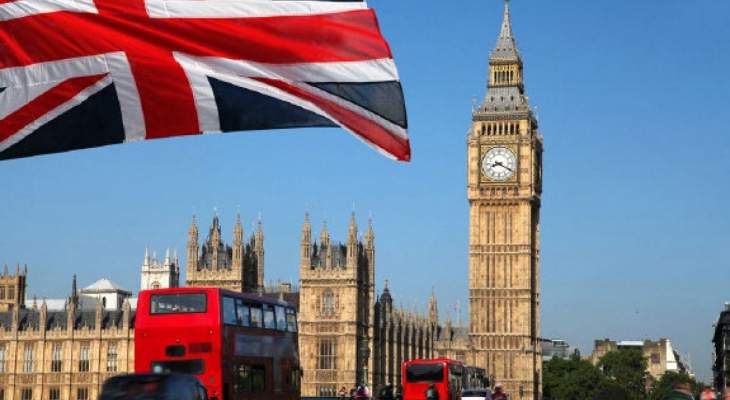The British government on Tuesday evening suspended the deportation of the first batch of asylum seekers from the UK to Rwanda following the intervention of the European Court of Human Rights.
The UK Home Office told the BBC: “The first flight that was supposed to take asylum seekers from the UK to Rwanda did not take off as planned,” explaining that “up to 7 people were expected to be deported to the East African country , but the flight was canceled following the intervention of the European Court of Human Rights.
Earlier Tuesday, the United Nations sharply criticized the UK’s transfer of illegal refugees and asylum seekers from its territory to Rwanda, urging other countries not to repeat the move.
Yesterday, UK Court of Appeal judges announced that “the government could go ahead with a plan to send the first flight carrying illegal immigrants to Rwanda on Tuesday.”
This followed an earlier decision by the UK High Court which allowed the government to move forward with a plan to deport asylum seekers from the UK to Rwanda, deeming it was in the government’s “public interest” to implement its policy.
The government hopes the plan will prevent asylum seekers from crossing the English Channel, where more than 10,000 people risked their lives on a sea voyage this year.
And last week, British Home Secretary Priti Patel announced: “Setting June 14 (Tuesday) as the date of departure for the first flight with the first batch of illegal migrants to Rwanda,” two months after the conclusion of the “migration agreement” with the African country, will accept migrants and asylum seekers in Great Britain.
Government policy includes providing people with housing and support in Rwanda while their asylum application is being processed by the state, and if successful, they can stay there for up to five years, during which they will receive education and material support.
Those unable to apply for asylum in Rwanda will be offered the opportunity to apply for visas through other immigration routes if they wish to remain in the country but still face the possibility of deportation.
Source: El Nashra
